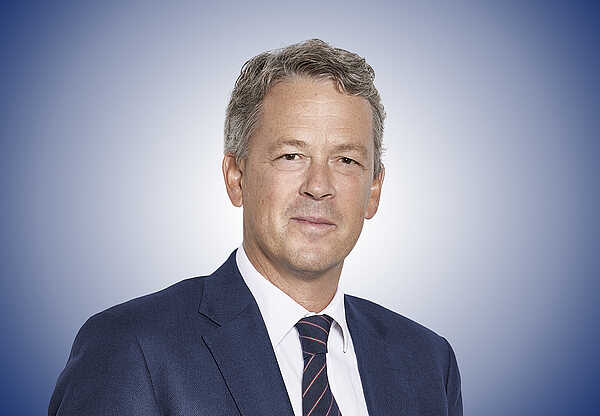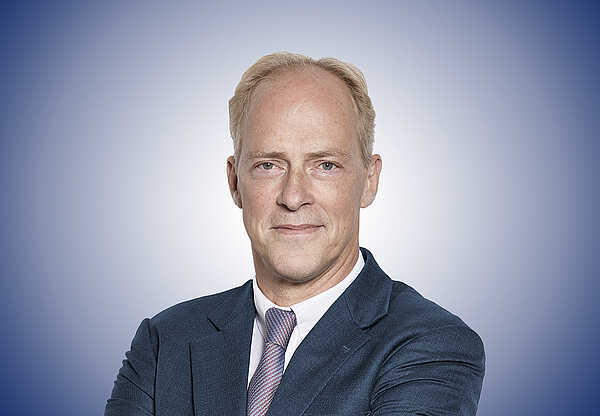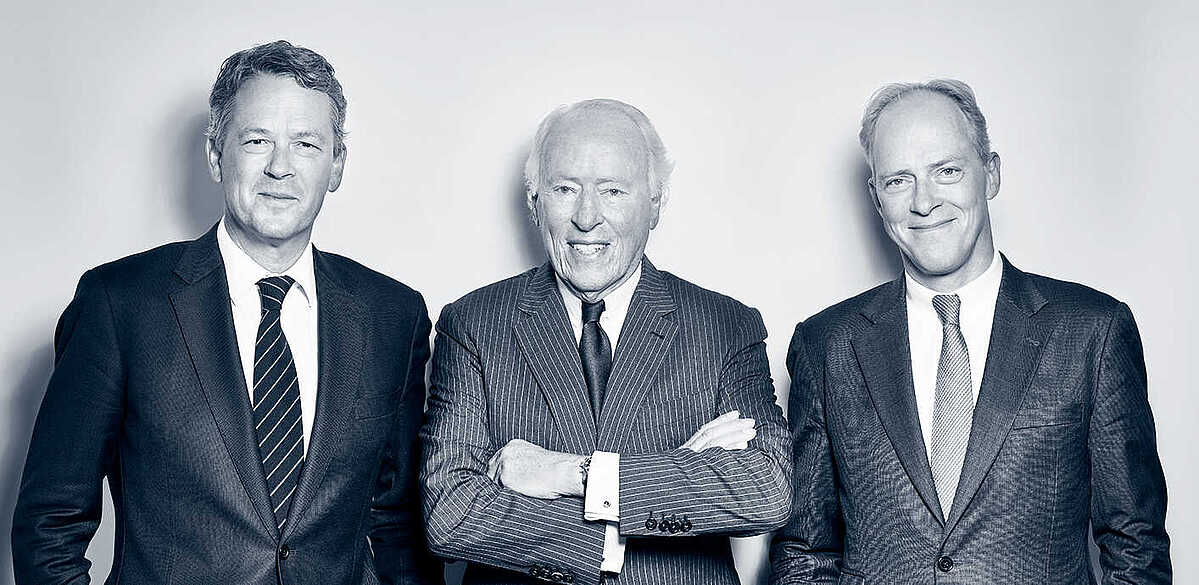1846
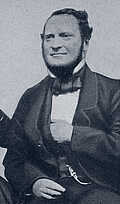
The origins of today's Münchmeyer Petersen & Co. go back more than 170 years. In 1846, the then thirty-one-year-old merchant Hermann Münchmeyer, originally from Lower Saxony, founded a foreign trade company in Hamburg on the basis of his good business connections after working in Haiti - where things had become increasingly unsafe as a result of the political developments of the time and after a devastating earthquake in 1842 - which has traded under the name of Münchmeyer & Co. since 1855.
In the spirit of optimism after the French occupation, but especially against the background of the independence of numerous South and Central American colonies of Portugal and Spain, which was won in the first half of the 19th century, promising opportunities arose from Hamburg for the young entrepreneur, who was well connected in the region. Münchmeyer & Co. is initially active in the rapidly developing import and export trade with Latin America and develops into one of the most important trading houses in Hamburg.
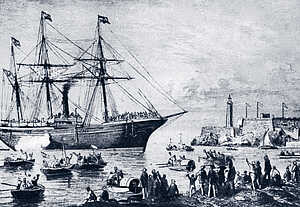
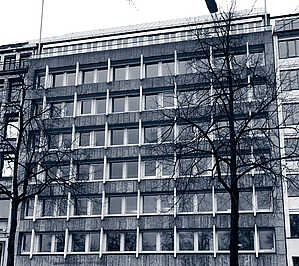
At the same time, the financing of foreign trade became increasingly important, so that over the years Münchmeyer & Co. also developed into an important private and merchant bank, which, after merging into Schröder, Münchmeyer, Hengst & Co. at the end of the 1960s, became one of the largest private banks in Germany, before later being absorbed into UBS.
1911
With the founding of the Hamburg trading house R. Petersen & Co. in 1911, another renowned family business emerges in the Hanseatic city, which, like Münchmeyer & Co. is active in international trade, primarily with Latin America, and contributes to Hamburg's prosperity.
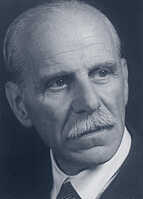
Founded by Rudolf Hieronymus Petersen, who came from a long-established Hamburg family that had produced several Hamburg mayors and who had himself been briefly appointed First Mayor of the Hanseatic city by the Allies after the Second World War, the company initially specialised in the export of capital goods such as machinery and machine parts.
Later, it also turns to commodity business with animal feed and vegetable oils as well as clearing and barter business. The latter represents a form of compensation business in foreign trade and serves as a multilateral clearing system, the money-free exchange of goods and thus for the liquidity-preserving financing of trade transactions.
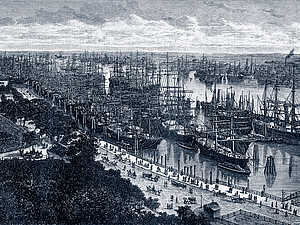
1972
Both companies run their trading and financial businesses independently until the 1970s. Independently of each other, they had to and were able to cope with the turbulent times in the first half of the 20th century. They successfully survive the two world wars, currency reforms, far-reaching political and economic upheavals and, last but not least, the extensive destruction of their home town.
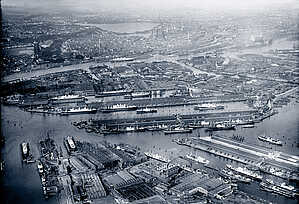
With skill, assertiveness, adaptability, cosmopolitanism and entrepreneurial will and foresight, they hold their own in the international arena and occasionally in competition with each other. But although both companies generate good profits in the sixties, the necessary equity capital and reserves for the growing volume of business in the import and export business are difficult to raise.
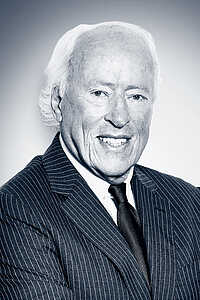
On the initiative of Axel Schroeder, then junior partner and head of the export department at R. Petersen & Co. and his counterpart and friend at Münchmeyer & Co., Ascan Hermann Lutteroth, the two trading houses merge in 1972 in order to exploit synergies and strengthen their financial power. The trading house Münchmeyer Petersen & Co. was created, in which Axel Schroeder successively acquired all shares until 1989.
2023
With the expertise from the long trading history of both companies and the financial strength of these two strong players, Axel Schroeder successfully develops Münchmeyer Petersen & Co. as a driving entrepreneurial personality in the following fifty years through diversification and specialisation, start-ups as well as acquisitions and sales.

